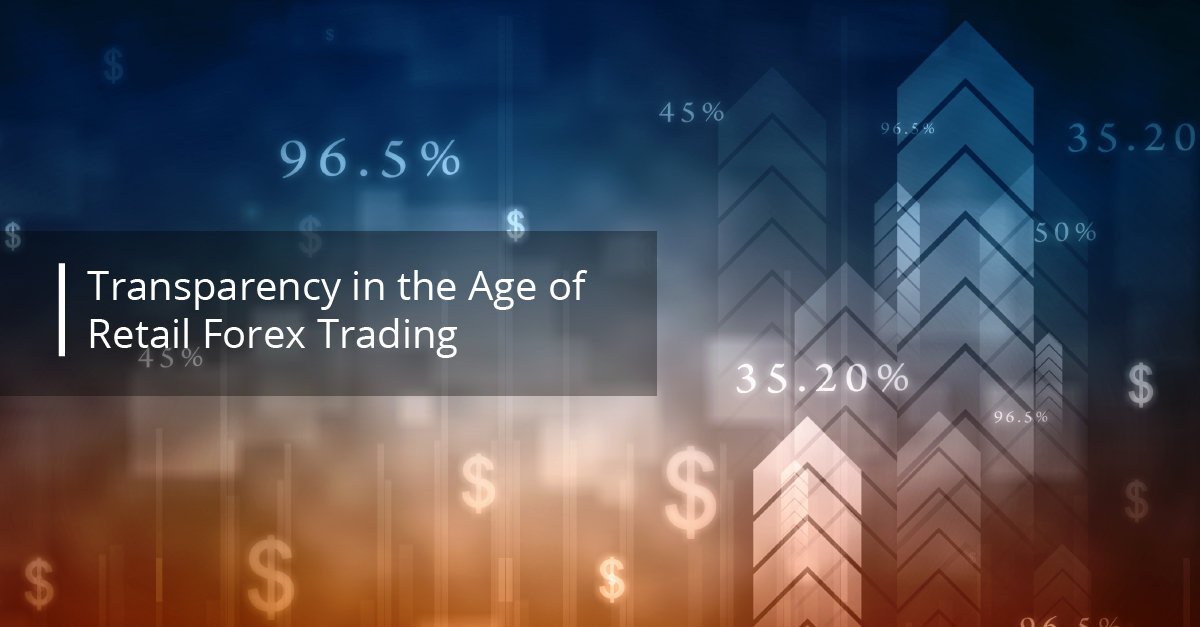
Transparency in the Age of Retail Forex Trading
Foreign exchange is not a new-age phenomenon. Currency trading goes as far back as the first century C.E. The role of shulhani or exchange bankers has been outlined in the Babylonian Talmud, the Jewish sacred text. Pilgrims from far-off countries would bring large amounts of foreign coinage that money changers would convert into small denominations of local currency for a charge.
Today’s forex trading is based on similar tenets; only, it is carried out on formal bourses spread across the world. According to a 2016 Triennial Central Bank Survey, forex trading has the largest market worldwide, with daily global volumes of $5.1 trillion as against $84 billion for equities. Although retail forex trading comprises only 5.5% of the total market, the demand for it is growing.
Indian traders will now get a slice of the pie with the country’s new retail currency trading platform that was introduced on August 5, 2019. The platform will enable small businesses to trade U.S. dollars at market rates, eliminating price-setting through banks and easing heavy charges that importers/ exporters had to incur thus far.
The Double ‘T’: Transparency & Technology
Traditionally, forex markets have been plagued with opacity. In India, banks could manipulate currency quotes and take advantage of vulnerable clients. The introduction of a retail platform will help improve transparency. Small businesses will no longer have to rely on dealing desks for quotes. Through the online electronic platform, traders can directly view, place or modify orders, profiting from low spreads and reduced costs.
However, the application owners have the burden of responsibility thrust upon them with forex onboarding and compliance regulations.
Brokers who embrace technology will undoubtedly be more successful in forex onboarding. Given the volatility in these markets, automation and algorithmic trading software that can capitalize on arbitrage opportunities swiftly will be in demand. Sophisticated software means broking houses will also need to invest in training staff to equip them to handle the changing dynamics. Yet, the additional investment will yield payoffs as retail trading kicks off in long run.
Regulatory and AML Compliance
A downside of democratizing forex trading is the increased risk of fraudulent activity. Online trading will embolden imposters to manipulate transactions to their benefit. Also, given that retail forex trading involves high leverage and margin trading, scamming can be simpler. Stricter regulatory norms without compromising on efficiency will alleviate some of these concerns. Also, brokers instituting better KYC standards and AML compliance procedures will ensure safety of client funds.
In a Nutshell
Retail forex trading is a much-needed evolution of currency exchange that will enable fairer price discovery for smaller businesses. The success of this endeavour via extensive participation and large-scale acceptance of forex as a tradable asset class in India will depend on how much the new platform contributes to transparency while ensuring safety.


